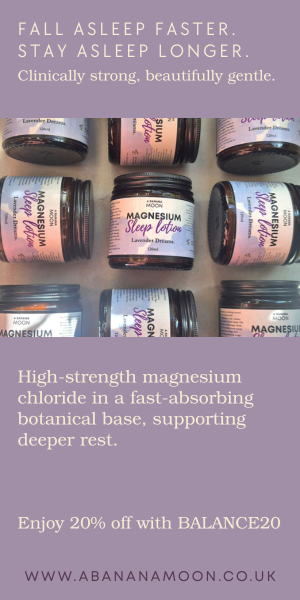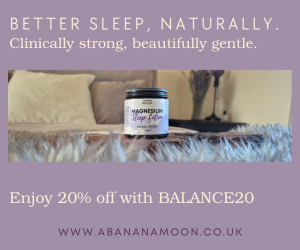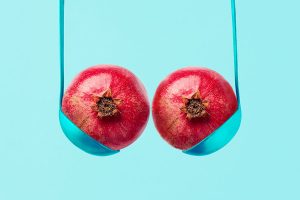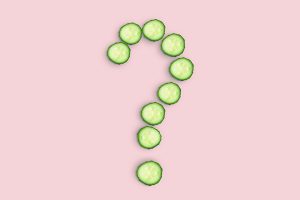Treating PCOS and endometriosis, naturally
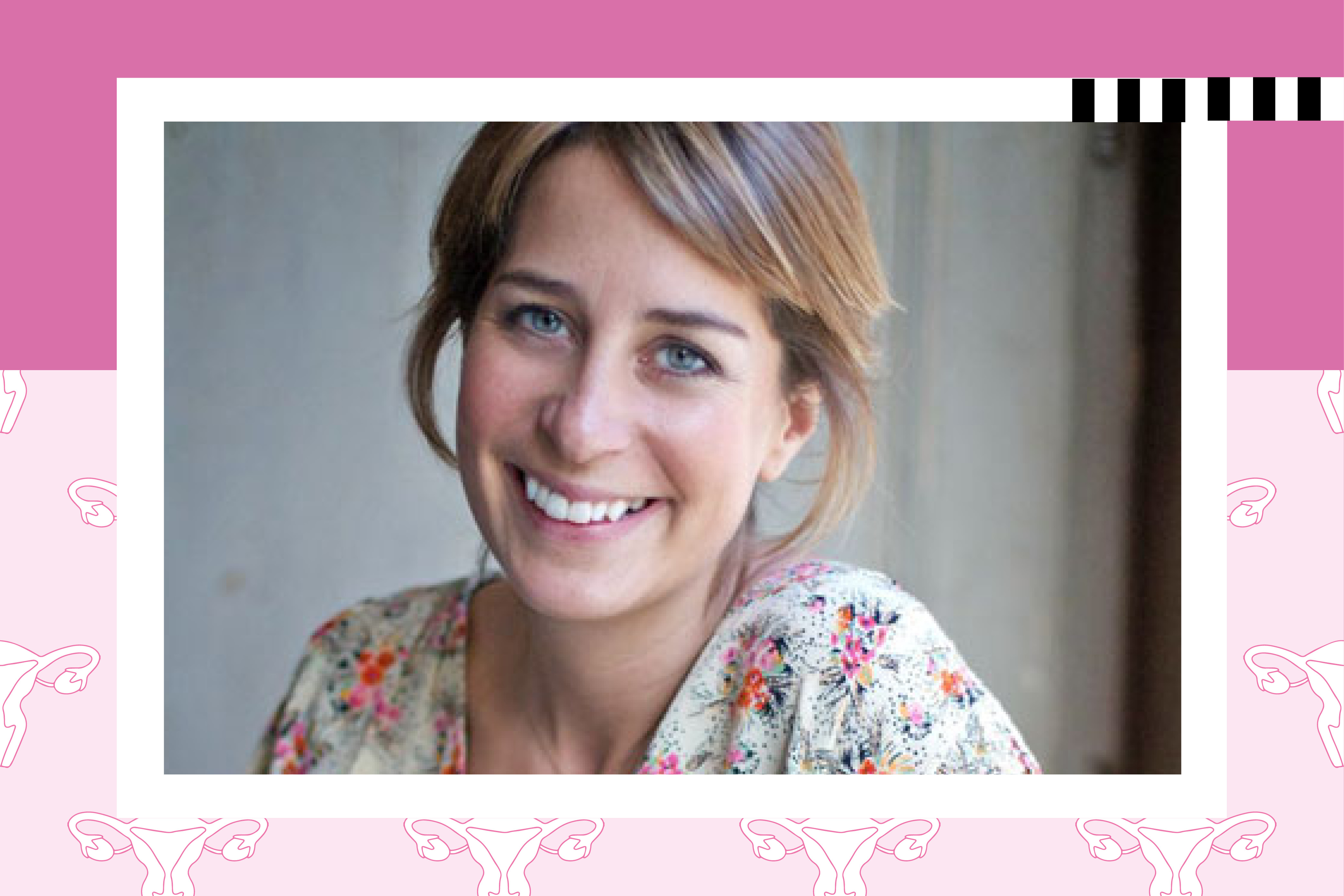
According to Endometriosis UK, the condition affects 1 in 10 women in the UK and polycystic ovary syndrome (PCOS) affects 1 in 5.
With roughly 30 per cent of the UK female population dealing with either of these conditions, it’s a widespread problem that requires new ways of thinking and new solutions. Looking beyond the typical treatment options of birth control and medication, some women are seeking out natural alternatives for treatment.
Henrietta Norton BSc DipNT, a leading Harley Street nutritional therapist and the founder of supplement brand Wild Nutrition, explained what she sees in her clinic and how everybody requires a different approach to wellness.
ARE THERE ANY KEY DIFFERENCES TO LOOK FOR IN THE SYMPTOMS BETWEEN PCOS AND ENDOMETRIOSIS?
There are symptoms that can be experienced with both conditions, such as painful menstruation, mood changes and irregular cycle length. However, symptoms such as facial hair growth, dysglycaemia (raised blood glucose), anovulation (lack of ovulation) and weight changes are more common in PCOS than in women with endometriosis.
That said, some women do not experience any of the symptoms but still present with polycystic ovaries and in these cases would be diagnosed as having polycystic ovaries.
OFTEN ADVICE FOR PCOS IS ‘LOSE WEIGHT’ AND ‘GO ON THE PILL’ – WHAT WOULD YOU SAY TO SOMEONE WHO IS SLIM AND WANTS TO TREAT IT NATURALLY?
PCOS is characterised by imbalances in both androgens and insulin, sometimes resulting in weight gain, but certainly not always. It is common to be slim but still experience dysglycaemia (or compromised blood sugar control), which perpetuates and contributes to the symptoms and progression of PCOS.
There is mounting evidence supporting less invasive, natural, and effective approaches that women can adopt.
HOW CAN YOU MANAGE PCOS AND ENDOMETRIOSIS NATURALLY?
PCOS is a complex condition involving multiple systems and therefore requires a holistic management approach, with diet and exercise playing a deeply supportive role in any treatment plan.
Supporting healthy glucose regulation can be achieved through a diet low in high glycaemic foods, refined sugar and trans fats, whilst rich in fibre from a variety of vegetables and pulses, as well as nourishing fats from seeds, nuts, olive oil and avocados. Reducing your exposure to synthetic compounds that interact with hormone receptors, whether environmental, dietary or toiletries, can also be helpful.
There is evidence to suggest other components may influence the development and progression of PCOS, for example, the health of the digestive system, detoxification efficiency, and sub- or hyper-functioning thyroid.
HOW MUCH DOES LIFESTYLE AFFECT PCOS AND ENDOMETRIOSIS?
Our exposure and management to tangible and intangible “stressors” can also be greatly influential. Therefore, finding the right support to help you find more “pause” and balance in your daily life is crucial, whether that is through gentle massage, reading, music or spending time in nature as often as you can.
Regularly exercising in nature, in a way that suits you and your lifestyle, can improve your body’s production of sex hormone binding globulin which helps to regulate oestrogen and testosterone as well as supporting mood, stress and balancing weight.
WHAT ONE SUPPLEMENT SHOULD WOMEN WITH HORMONAL IMBALANCE BE TAKING?
In nutritional medicine, we also use a combination of nutrients and fatty acids. I use two formulas in the clinic with great success found in Wild Nutrition’s Polycys Complex and Endo Complex as well as Pure Omega 3 fatty acids.
These combine the nutrients required by the body to support glucose regulation and hormonal clearance, as well as a number of western herbs too. My advice is to work with a naturopath or nutritional therapist to find the most appropriate and bioavailable supplement plan that works for you.
IS IT COMMON TO BE NUTRIENT DEFICIENT IF YOU SUFFER FROM EITHER PCOS OR ENDOMETRIOSIS?
Zinc and magnesium are used up in abundant amounts during states of physical and mental stress; as endometriosis is a state of physical stress, the demand for these nutrients is even greater than normal. During particularly stressful times and during menstruation, women can lose up to half their magnesium supply.
Women with endometriosis often suffer from heavy bleeding during their period and this significantly reduces stores of the mineral iron. Without adequate iron stores, neurotransmitter function can be compromised and can lead to problems in concentration and general mental acumen, listlessness, low moods, and fatigue can develop.
In other words, it is essential to replenish our nutrients through food and, where necessary, supplements, as the demand for nutrients is high for our body to manage endometriosis effectively.
IS IT POSSIBLE TO HAVE A HORMONE IMBALANCE BUT NOT PCOS OR ENDOMETRIOSIS? WHAT CAN SOMEONE DO ABOUT IT?
Yes, absolutely. There is a crossover of symptoms with PMS or perimenopause. A qualified women’s health expert, such as a functional medicine practitioner, will be able to support you with this by taking a detailed case history (essential!) and access to a number of tests to verify what might be going on for you.
IS IT REALLY HARDER TO LOSE WEIGHT WHEN YOU SUFFER FROM HORMONAL IMBALANCES?
Absolutely not. Simple but effective dietary changes as discussed can be very effective. As well as what we eat, when we eat is also important, and building in 13-16 hour overnight fasts can also be very effective, stabilising weight and blood sugar management.
DOES SEVERITY OF ENDOMETRIOSIS DIFFER FROM PERSON TO PERSON? WHEN SHOULD YOU SEEK MEDICAL ATTENTION.
Yes. The curiosity with endometriosis is that symptoms don’t necessarily reflect severity—it depends more on where the endometrial patches are located—and so it is always important to get this assessed by a professional.



